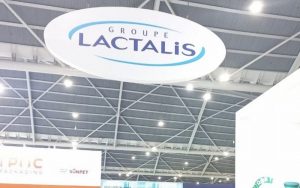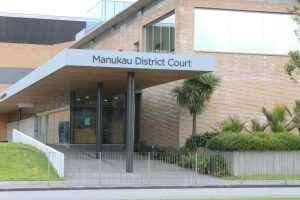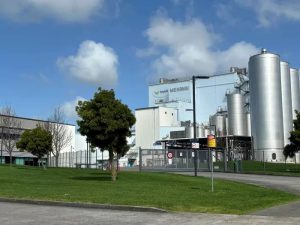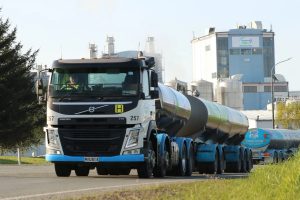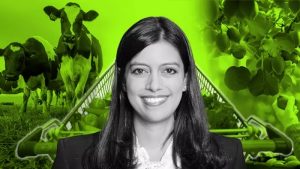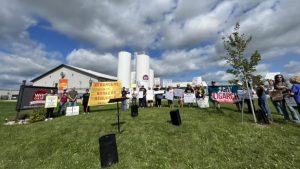
In partnership with Australian company Sea Forest, Fonterra is looking at the potential Asparagopsis seaweed has in reducing methane in a grass-fed farming system.
Fonterra General Manager of Sustainability APAC Jack Holden says our grass-fed farming model makes Fonterra one of the most carbon efficient producers of dairy in the world. “However, we have an aspiration to be net zero by 2050 and are investing in R&D and partnerships to help find a solution to reducing methane emissions.”
CSIRO research has shown that Asparagopsis seaweed has the potential to reduce emissions by over 80 per cent in laboratory trials, and while Fonterra understands the reductions will vary out of the lab, all reductions count.
“As with all methane solutions we’re trialling, what we need to find out is whether we can use this supplement in a way that is safe for cows, safe for consumers and to ensure that there is no impact on milk taste or quality,” says Jack Holden.
“Over the past two years, 900 dairy cows on a farm in Australia have been fed small amounts of the seaweed supplement and the results have been promising at each stage. We are now expanding the trial across three additional farms, to test the supplement’s application at a commercial-scale.
“This will include understanding the practicalities of using the seaweed supplement as part of normal farming operations, which is critical because it needs to be easy to implement and beneficial for farmers if we want it to be widely adopted.”
“If the trial proves successful, we have agreed with Sea Forest that Fonterra farmers will have first access to the commercial Asparagopsis solution,” says Jack Holden.
Sea Forest CEO and Founder Sam Elsom says last year the company bought an additional 30ha farm as it dramatically increases its production of the seaweed supplement.
“Asparagopsis is a common seaweed native to the waters of Tasmania and New Zealand, and we’re the first in the world to cultivate it at a commercial scale through both marine and land-based aquaculture.
“We needed a food industry partner to help us take this to a commercial scale, and we partnered with Fonterra because of its commitment to sustainability and innovation.
“We’re looking forward to working with Fonterra on the next phase, and although we’re still in trial phases, we believe this has potential,” says Sam.
Fonterra believes there will be no single solution to the methane challenge, with Asparagopsis one of a number of solutions we’re looking at.
Other work the Co-op is carrying out includes
- Tapping into its large collection of dairy cultures to create new fermentations we’re calling Kowbucha™, which could inhibit the methanogens that create methane in cows.
- Working with Royal DSM, a global science-based company, to test whether DSM’s feed additive product Bovaer®, which reduces methane emissions from cows by over 30% in non-pasture-based farming systems, can do the same in New Zealand’s pasture-based farming systems.
- With MPI and DairyNZ, expanding a promising trial with Nestlé to include plantain in a cow’s diet to reduce the amount of nitrogen produced, reducing carbon emissions and improving freshwater quality.





